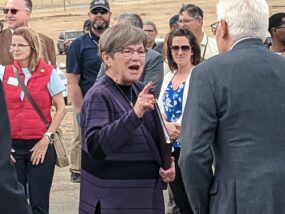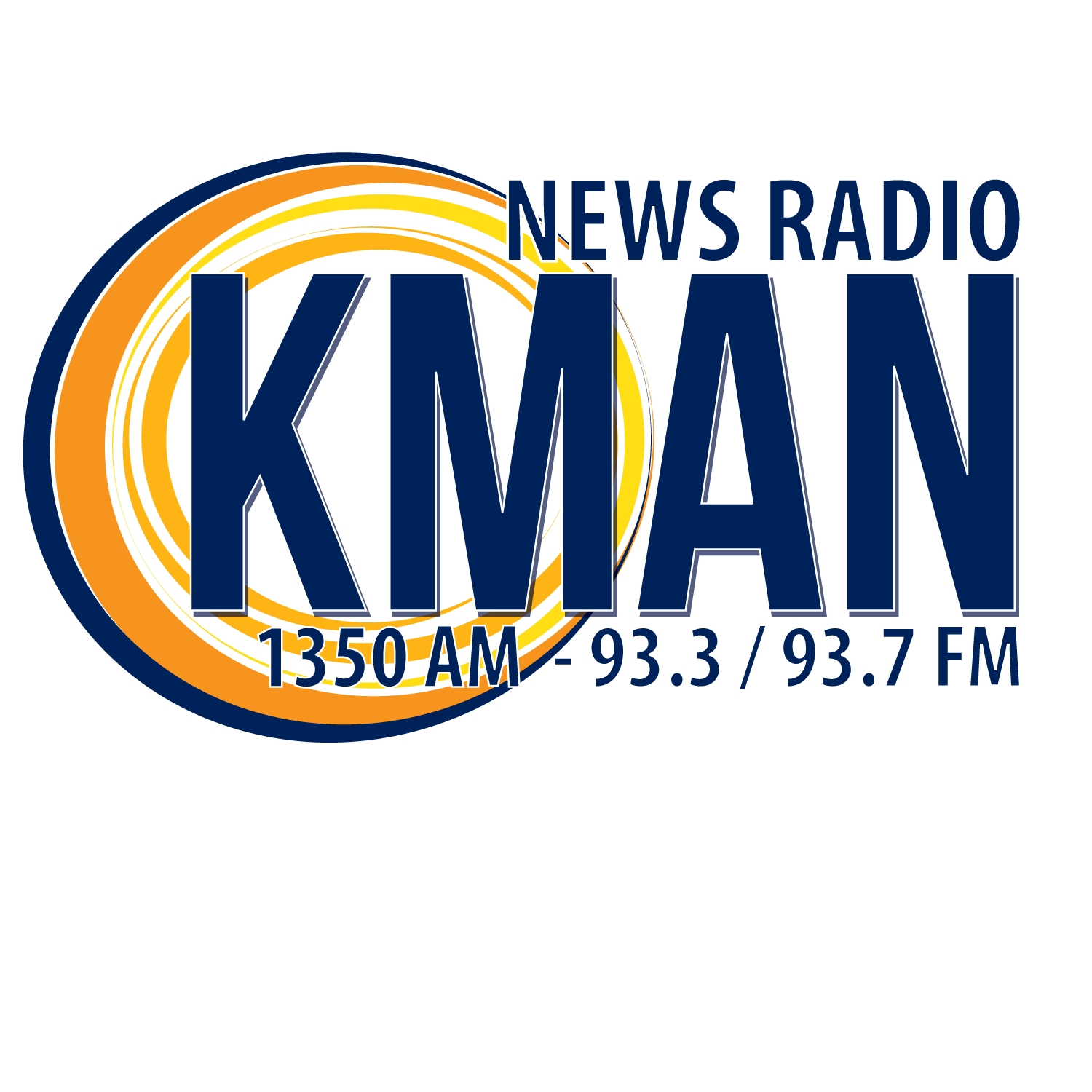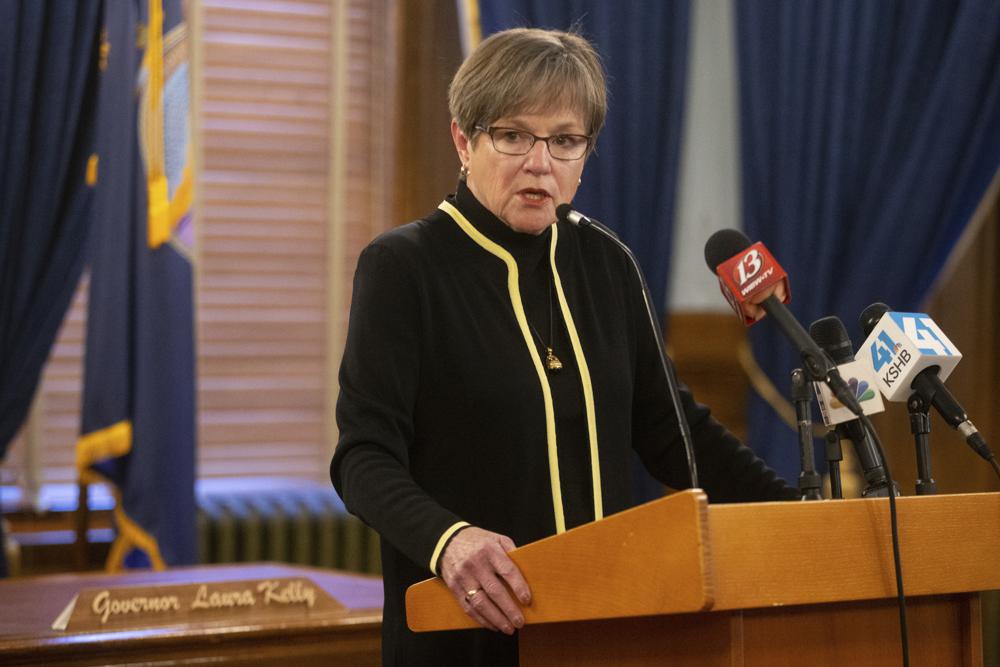
Gov. Laura Kelly and the Kansas Department of Health and Environment have announced the state is shifting its COVID-19 emergency pandemic response to an endemic phase, which some are dubbing the “new normal.”
Starting Friday, the governor says the state will use lessons learned over the past two years to ensure the state is prepared for potential surges or other needs that might arise in the future. The decision comes as current COVID-19 metrics continue both locally and at the state level to trend the right direction. State data shows over 7 million tests have been given, with over 4 million vaccines administered and over 78 percent of eligible Kansans have received at least one dose of a COVID-19 vaccine.
“We know the pandemic is not over, however we now have the tools and knowledge obtained over the past two years to prevent or reduce the spread of the virus. We are normalizing our COVID-19 response and incorporating these lessons into our larger efforts at improving health outcomes for all Kansans, which includes work on multiple diseases and an awareness of differing risk factors,” Kelly said.
Riley County had just eight active cases Wednesday and zero hospitalizations.
This shift does not mean that COVID is over, but rather we are working to manage the disease in a way that allows us to maintain a more normal life that is once again filled with friends, families and other loved ones,” said KDHE Secretary Janet Stanek.
KDHE’s endemic plan addresses six key areas to work with local health departments — intervention, vaccination, treatment, testing, monitoring and communications.
- Intervention: KDHE will continue to provide comprehensive guidance, while continuing to offer additional assistance to underserved and/or vulnerable populations.
- Vaccination: KDHE will focus on making sure vulnerable populations have access to the COVID-19 vaccine while existing vaccine providers, including health care providers, pharmacists, hospitals, and LHDs, will continue to serve the broader population.
- Treatment: KDHE will continue to ensure Kansans will be able to receive COVID-19 treatment across the State, as treatment distribution shifts away from public health entities and back to local health care providers.
- Testing: KDHE will continue to support access to free testing across the state through community testing sites, LHDs, and K-12 schools as long as federal funding is available. In addition, the federal government provides direct testing support to Federally Qualified Health Centers and pharmacies around the state. To find a free testing location near you, go to knowbeforeyougoKS.com. KDHE testing support for Long Term Care Facilities will be phased out on May 15, 2022, and testing support for employers ends on June 30, 2022.
- Monitoring: KDHE will continue to monitor data as reported by organizations and facilities across the state to understand the status of COVID-19 and proactively identify at-risk groups. Public reporting will be reduced to once a week.
- Communications: KDHE will continue to provide essential and accessible COVID information to keep Kansans safe and aware of any subsequent changes to COVID-19 response efforts.



